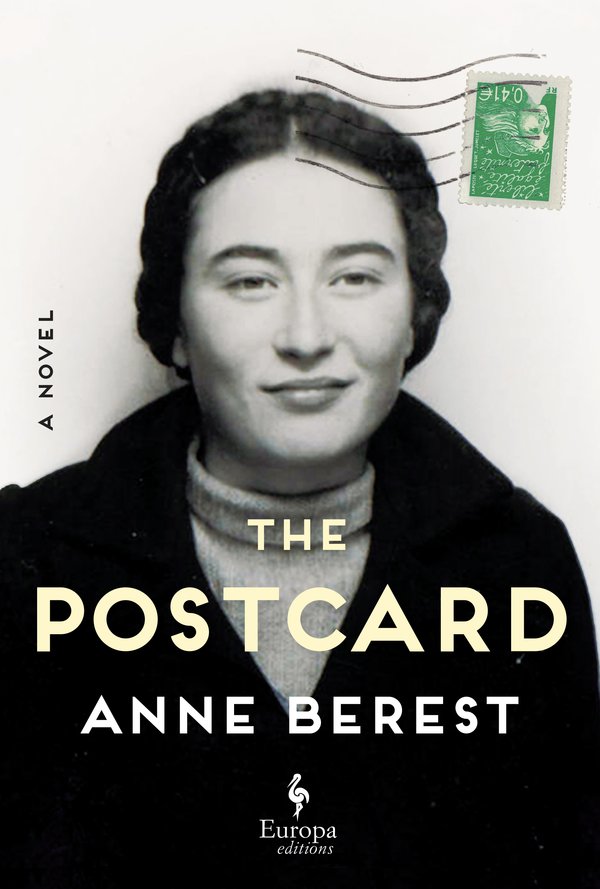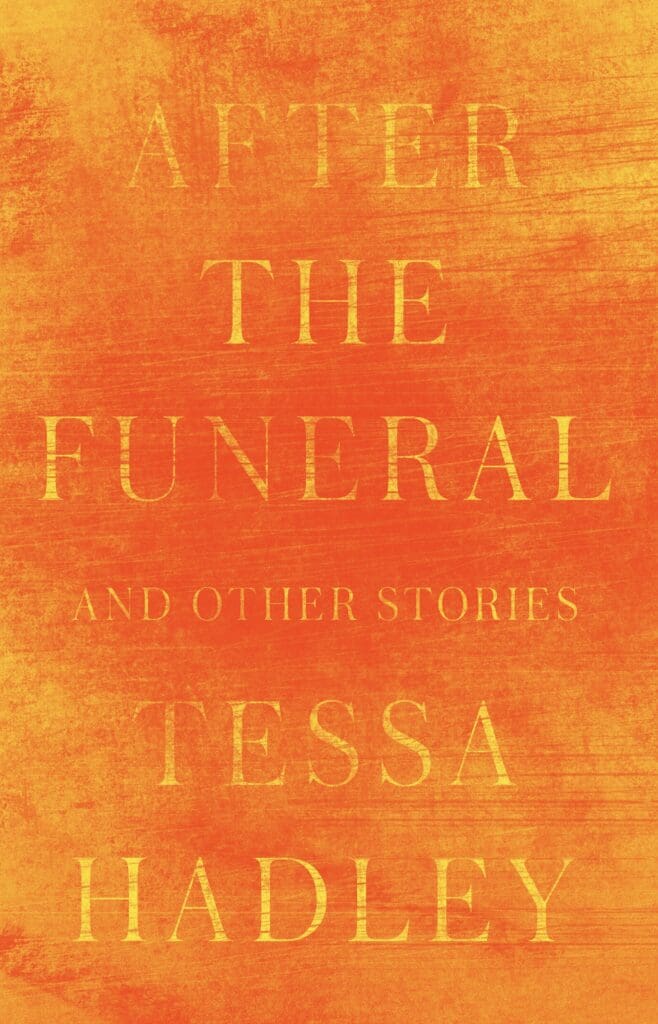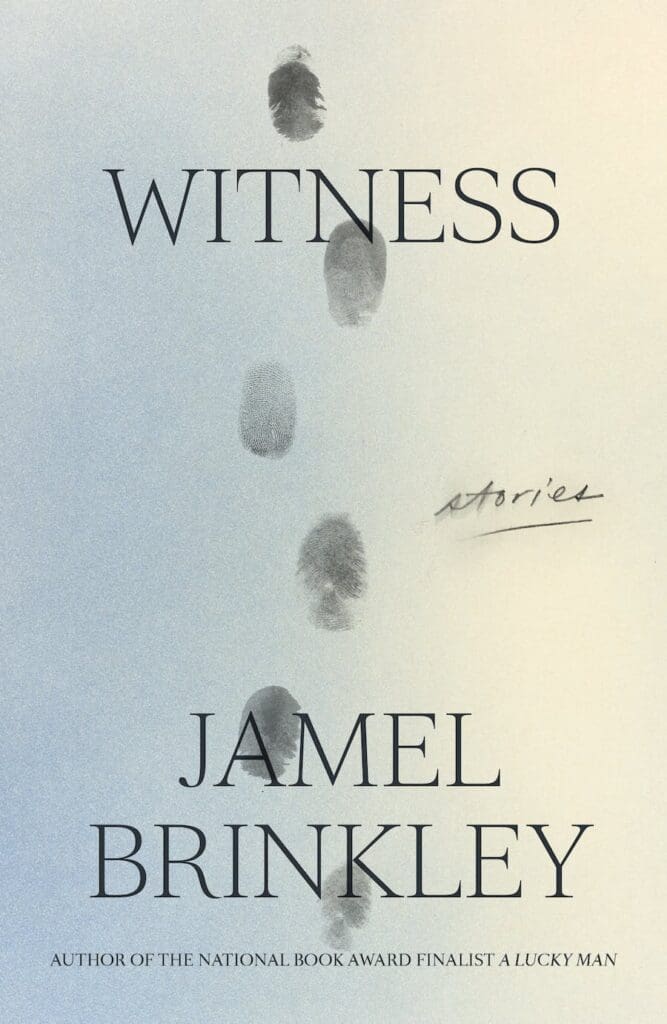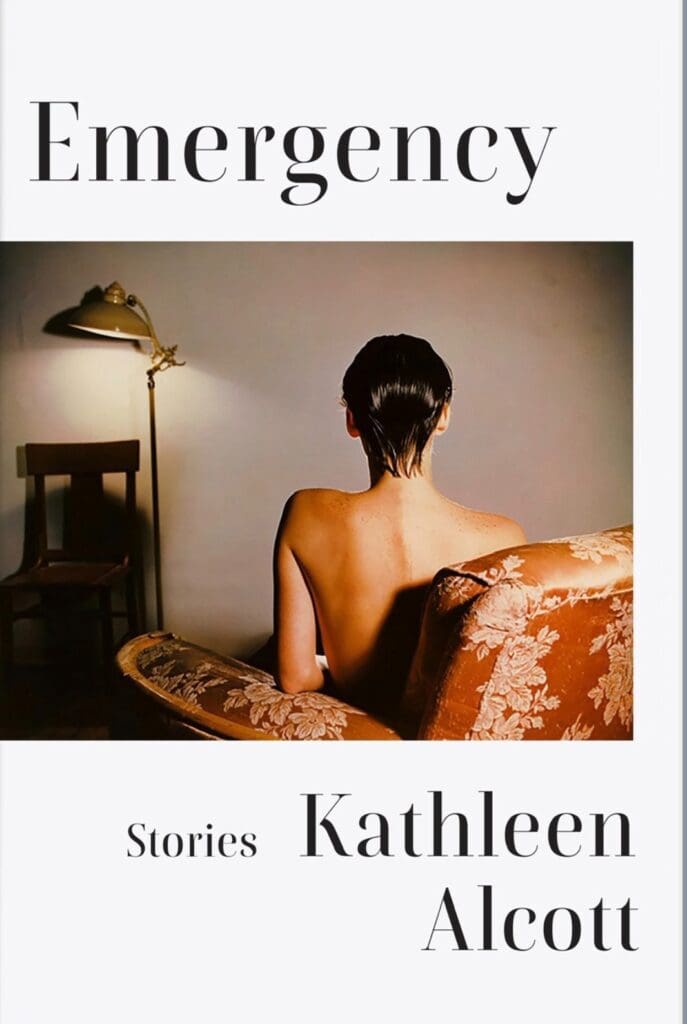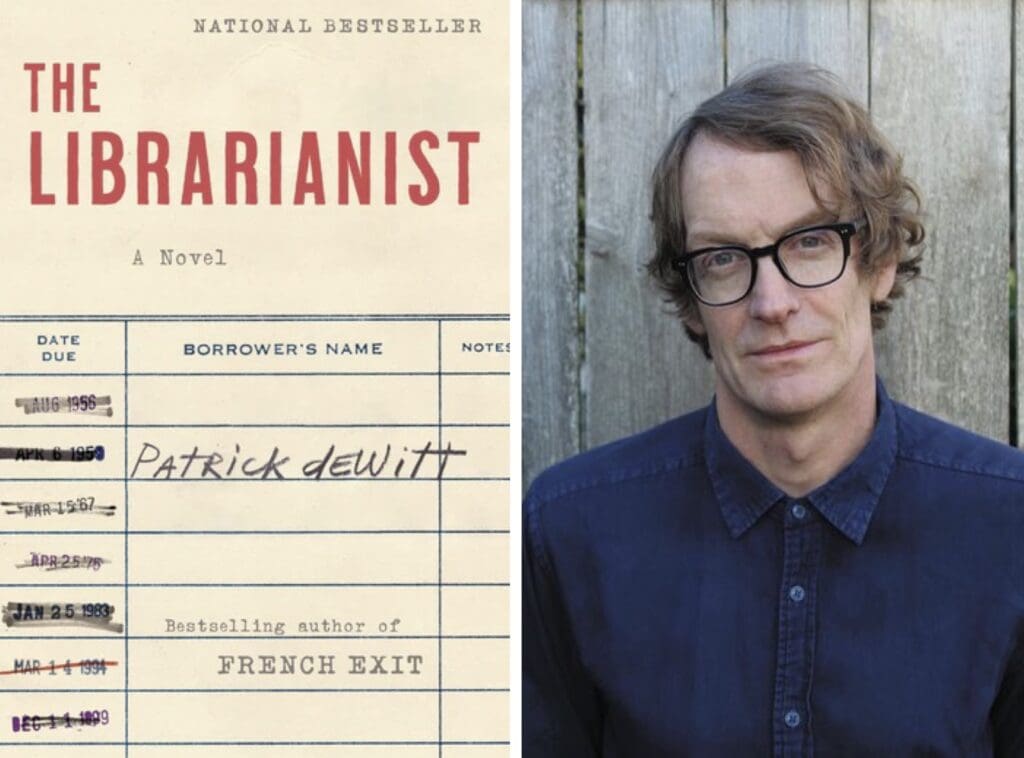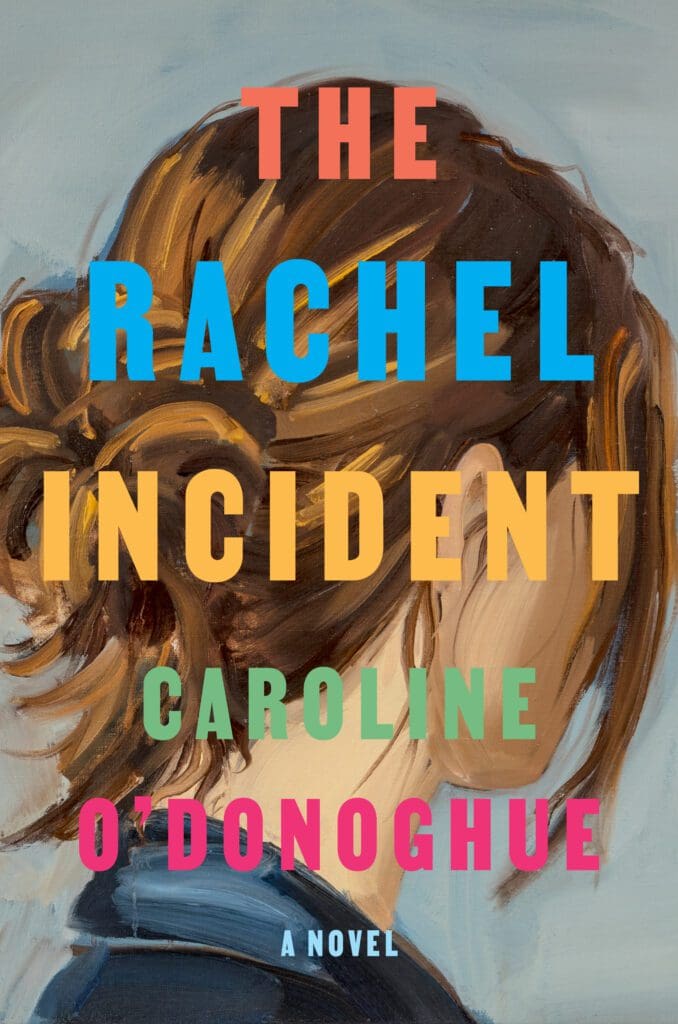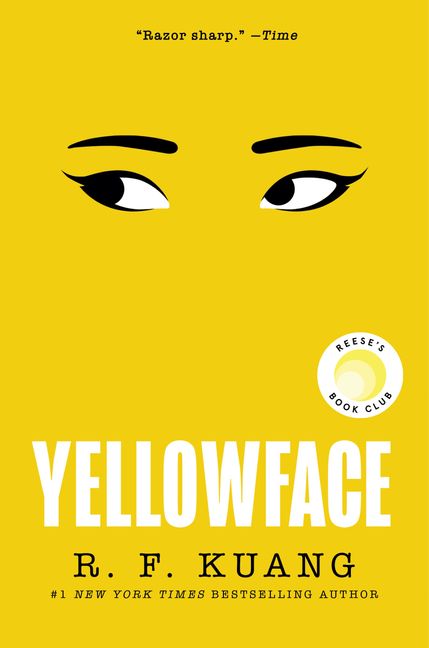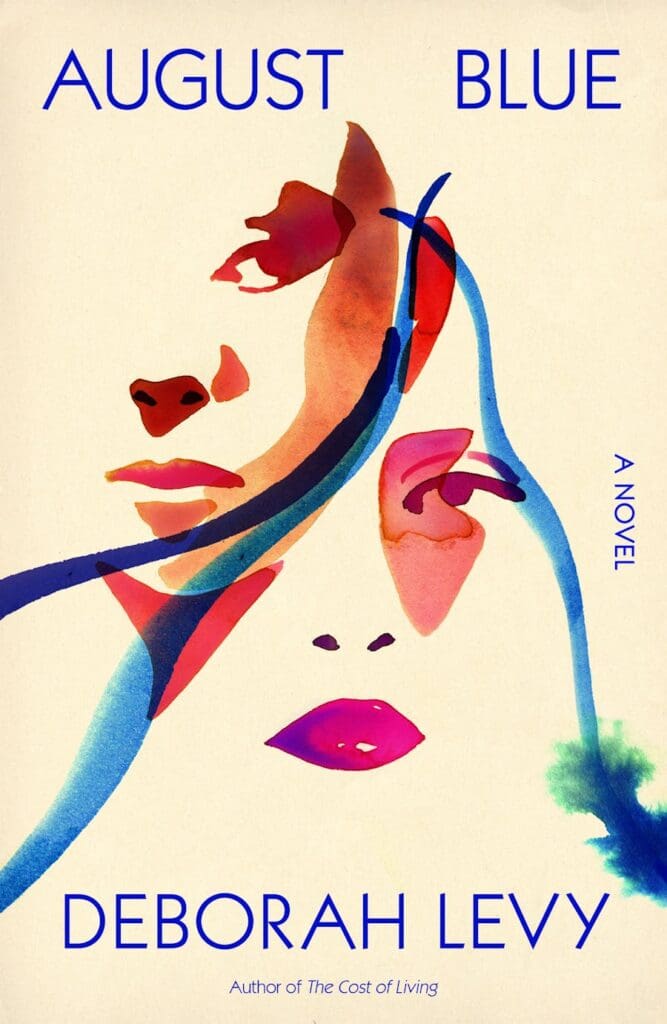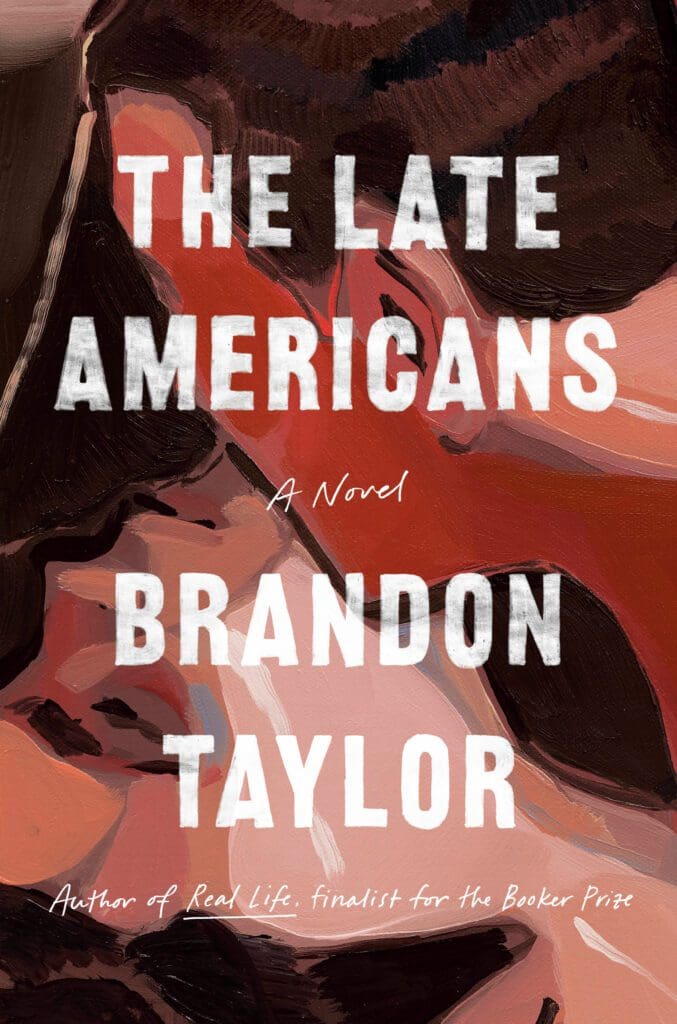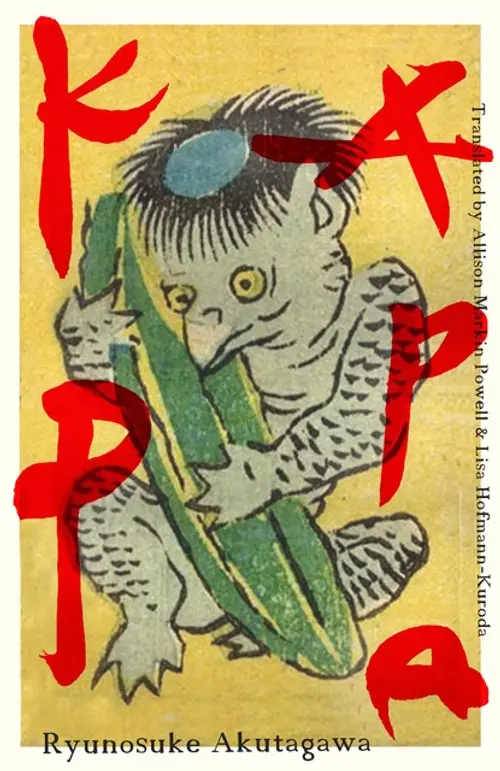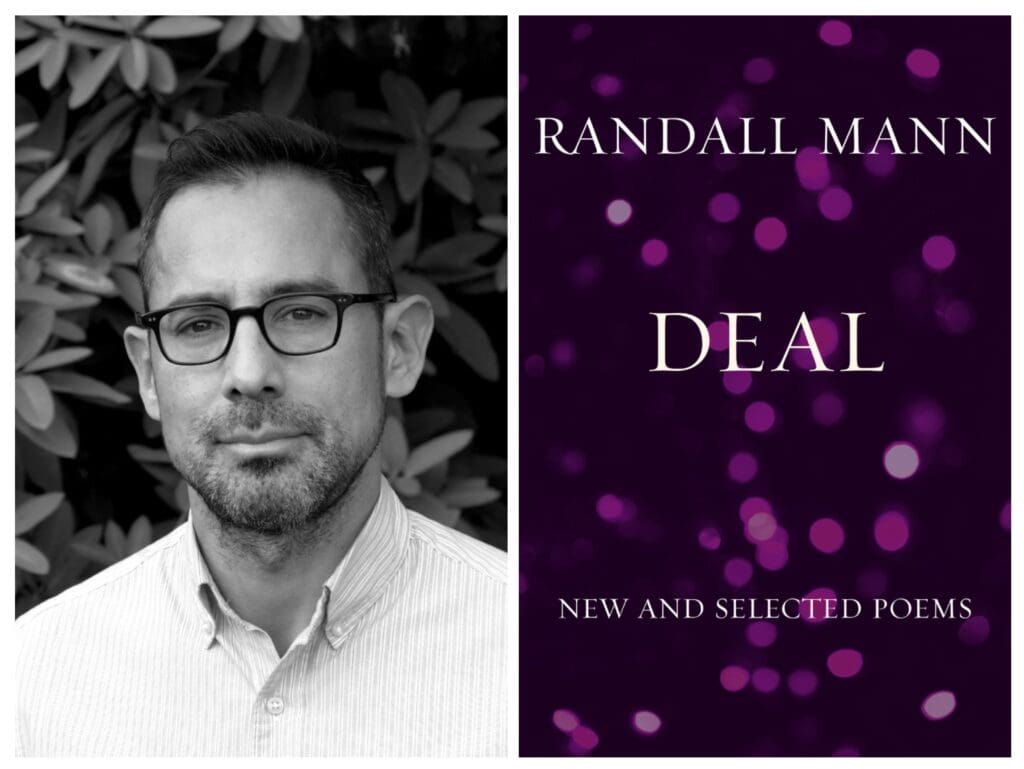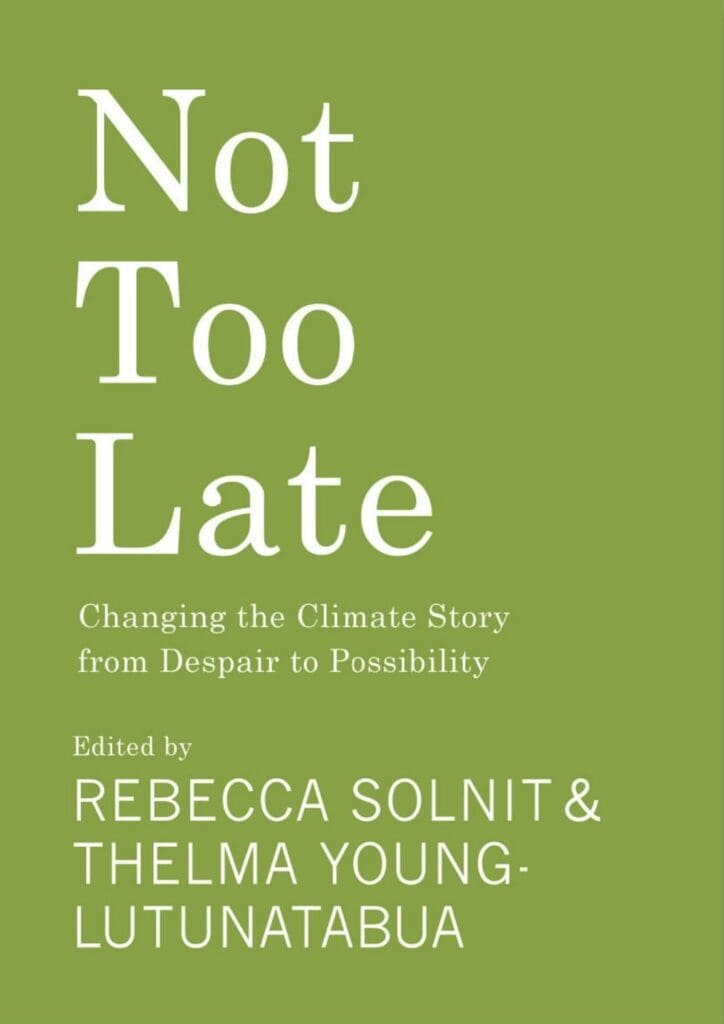Many stories are, in a sense, mysteries, asking some version of the same question: what is this life, and how are we meant to live? There are, of course, no definitive answers to these questions—only a multitude of responses, from which we seek to make the meaning and beauty that connects and sustains us amid persistent uncertainty. One such story is The Postcard (Europa Editions; 475 pages). Written by French author Anne Berest and translated by Tina Kover, the novel frames the true story of a family—nearly eradicated by the Holocaust—as a fictionalized memoir. Nestled inside a simple and concrete […]
Out of the past: ‘The Postcard,’ by Anne Berest
by Laura Cogan
